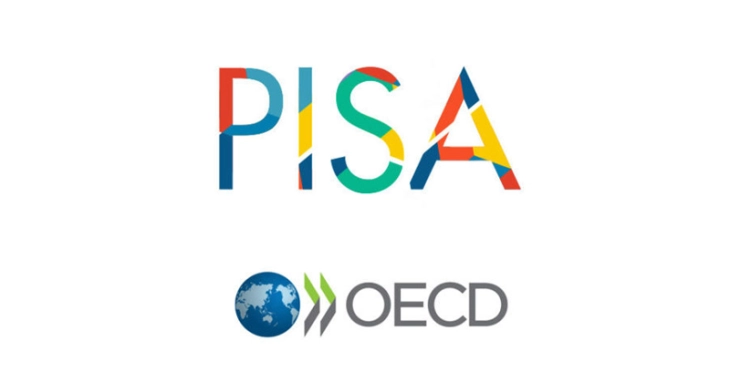German unions call for education reforms after shocking PISA report
- German trade unions and associations have called for changes in education policy following the 2022 international PISA performance assessment that showed the country's worst results yet.

Berlin, 5 December 2023 (dpa) — German trade unions and associations have called for changes in education policy following the 2022 international PISA performance assessment that showed the country's worst results yet.
"Individualized support for pupils must be improved without ifs and buts," Anja Bensinger-Stolze from the executive board of the German Education and Science Union (GEW) told the Funke Mediengruppe newspapers.
Germany needs a master plan to combat educational poverty and social justice, Bensinger-Stolze said. "The close link between school success and the parental home continues to be the cardinal problem of the school system in Germany."
"The efforts of the federal states to effectively combat the shortage of teachers and specialists must finally be significantly increased," she added.
The report shows the "alarming results of education policy," according to the head of the German Employers' Associations, Rainer Dulger.
Stefan Düll, head of the German Teachers' Association, called for mandatory pre-school language proficiency tests and smaller classes and learning groups, among other things.
German pupils have performed worse than ever in the 2022 international PISA performance assessment, the Organisation for Economic Co-operation and Development (OECD) said on Tuesday.
In reading, mathematics and science, last year's results show the lowest scores ever measured for Germany.
Average performance has also fallen drastically internationally, the OECD reported. This is the first PISA report since the Covid-19 pandemic began.
On average, pupils in Singapore, Japan and South Korea had the highest skills in mathematics. In reading, Singapore, Ireland, Japan, South Korea and Estonia were at the top. In science, Singapore, Japan, South Korea, Estonia and Canada achieved the best results.
The OECD's Programme for International Student Assessment (PISA) measures the skills of 15-year-olds in reading, maths and science. It has been carried out every three years since 2000.
The results of the first PISA study, published in 2000, were considered a wake-up call for Germany, placing Europe's largest economy below the OECD average.
The 2000 report also showed a shamefully close correlation between social background and educational opportunities in Germany, leading to a fierce debate on education.
The results have since improved significantly for Germany, but there has been a downward trend in the last PISA reports.
According to the 2022 results, German pupils performed particularly badly in maths. They achieved a score of 475, compared to 500 in the previous study published in 2019.
They scored 480 in reading, down from 498 three years ago, and 492 in science, down from 503.
Germany is still close to the OECD average in maths and reading literacy and above the OECD average in science, but that is no reason to breathe a sigh of relief.
According to the experts, it is not only the situation in Germany that is worrying: this cycle has seen an unprecedented drop in performance across the OECD, the report states.
"Compared to 2018, mean performance fell by 10 score points in reading and by almost 15 score points in mathematics, which is equivalent to three-quarters of a year's worth of learning," it said.
"The decline in mathematics performance is three times greater than any previous consecutive change," the report added.
According to the OECD, this decline is particularly pronounced in a handful of countries. Poland, Norway, Iceland and Germany, for example, recorded a decline of 25 or more points in maths between 2018 and 2022.
"The dramatic fall in performance suggests a negative shock affecting many countries at the same time Covid-19 would appear to be an obvious factor," the report states.







